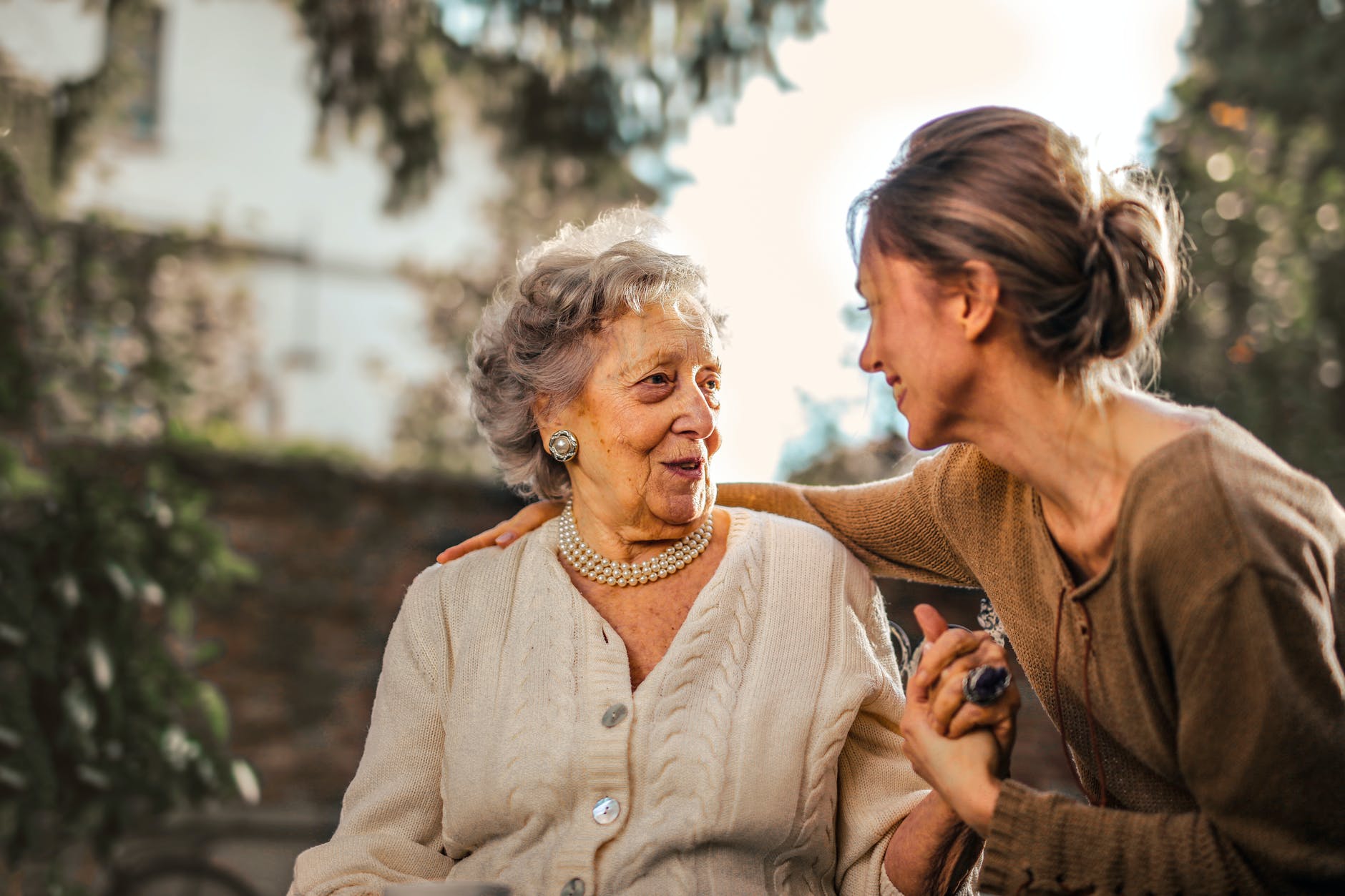
I find myself in an interesting situation. I remain employed as COVID-19 marches on, and I feel torn between the roles of wife, daughter, therapist, sister, friend, and now in some ways, caregiver. So, what does that all mean in terms of my mental health and my parents’ mental health? If you listen to the news or look to social media, one can see a barrage of headlines mentioning older adults being at risk physically due to the virus' high mortality rate as we age. Consider for a moment, a more silent struggle as we work to re-create normalcy in our lives.
The school year has ended, creating a new-found appreciation for what to do with the kids. Lancaster County has officially turned yellow allowing many of us to go shopping in retail and food shop a bit more normally than in quarantine mode. However, lets add the fact that COVID-19 remains with us bringing a new set of challenges. How has my aging parents’ mental health been affected by the virus and what am I doing to support my own mental health because of adding in the role of caregiver?
Let's start by understanding the facts.
Fact 1: Aging Parents have been most affected by loneliness due to COVID-19.
Fact 2: Aging Parents, as a result of loneliness, are at increased risk for the following mental health diagnoses:
- Depression
- Anxiety
- Suicide
- Dementia
- Alzheimer’s
- Schizophrenia
For a deeper look at isolation, please reference the article linked below:
https://www.medicalnewstoday.com/articles/isolation-and-mental-health
Fact 3: The CDC states there is an increased risk of mental health issues for caregivers as “informal, unpaid caregivers have become the backbone of long-term care provided in people’s homes”. This means the potential for the following mental health diagnoses to sons and daughters caring for aging parents:
- Chronic Stress
- Anxiety
- Depression
Now that we know the facts, you may ask what can we do to support the mental health of our aging parents and our own mental health? Consider the importance of keeping in mind what role you define yourself as having with your aging parents. Once carefree visits to check in or share a birthday can become a stressful event. Depending on the age of your parents and their physical health, they may have different needs physically and emotionally. If we look at isolation as the key concern from a mental health standpoint here is what you can do to protect your parents’ mental health:
- Talk and be open with them to help reduce any stigma.
- As a son or daughter, be ready to take action- remind mom or dad it is OK to ask for help. This may mean making an appointment with a family doctor as a starting place for other referrals.
- Communicate to your aging parents in a clear, concise, and respectful manner. The above-mentioned diagnoses may make it difficult for parents to understand what you are encouraging them to do.
- Encourage your aging parents to spend some time in nature taking a walk, birdwatching, sitting outside in the sun; all will aid in positive mindset.
- If your aging parents remain physically active, encourage them to have socially distanced meetings with friends following CDC guidelines. Coffee with a friend across the picnic table can do a world of good.
Then take a look at your mental health as a caregiver and what you need to do to avoid depression, anxiety, and chronic stress as you support your aging parents. As a therapist, I know acceptance is the key and a good place to start. As a human being, I seriously struggle to accept the current condition of things. As a daughter, I need to ask myself “what am I comfortable doing for my parents as the pandemic continues to create changes, I have little to no control over?” As a caregiver, nearly four months into this pandemic, I may be struggling with increased financial strain, reduced access to support for my aging parents, and my own sense of social isolation.
- Ask yourself who or what is available to help? Self-care is not selfish. This means be willing to acknowledge you deserve support and a break from care.
- Remember your role as son or daughter comes first. You may wish to create some positive affirmations around this idea, i.e. I love spending time with my mother as her daughter.
- Know that mental health struggles are real for all of us and very treatable. Remaining anxious, guilty, or resentful will likely not benefit you or your parents. Self-care is not selfish.
- Maintain your own social support. Give yourself the time you deserve to connect with friends in a safe way and remain connected.
- Consider attending a support group for caregivers. There is no reason you must take on this burden alone. Sometimes just knowing you are not the only one lightens the load.
In closing I repeat, Self-care is not selfish. I cannot stress this enough.
Click the link below for stories of caregivers who have shared their experiences.
https://www.medicalnewstoday.com/articles/heightened-challenges-how-the-pandemic-impacts-caregivers





